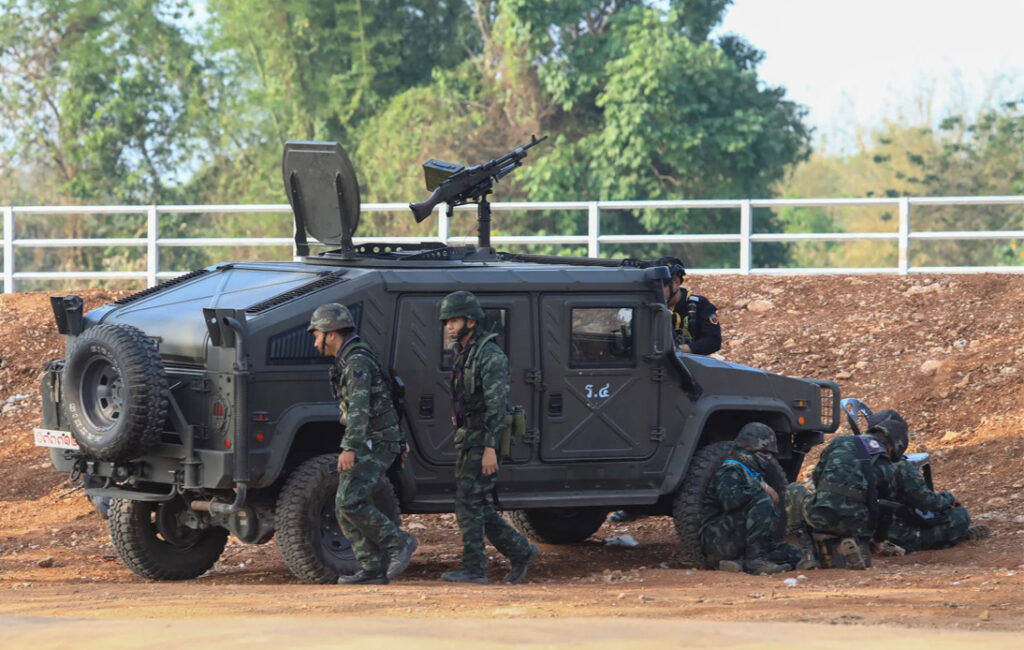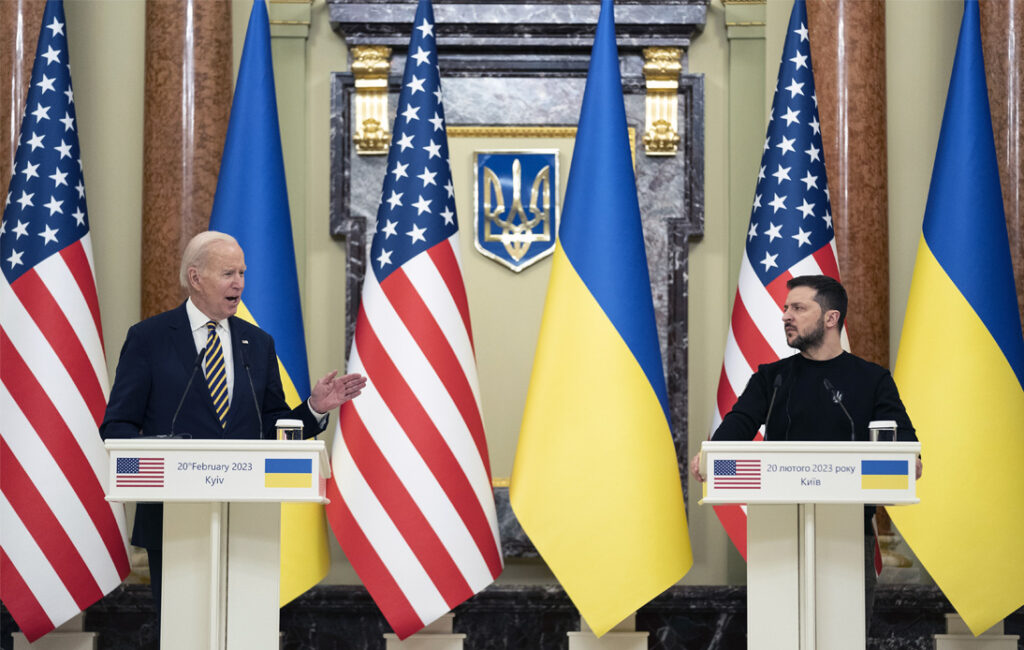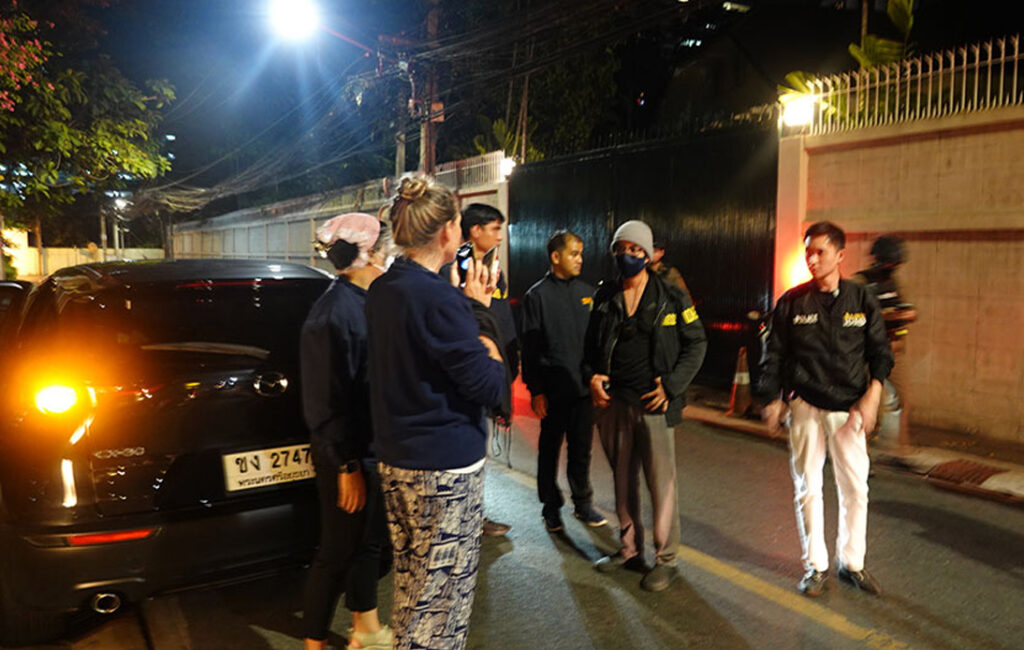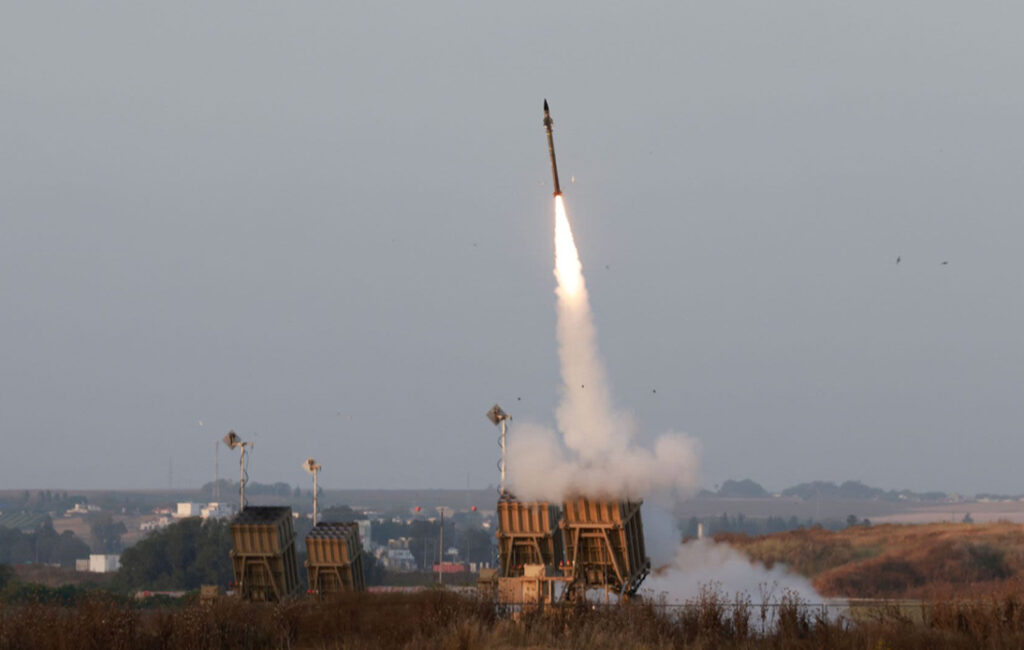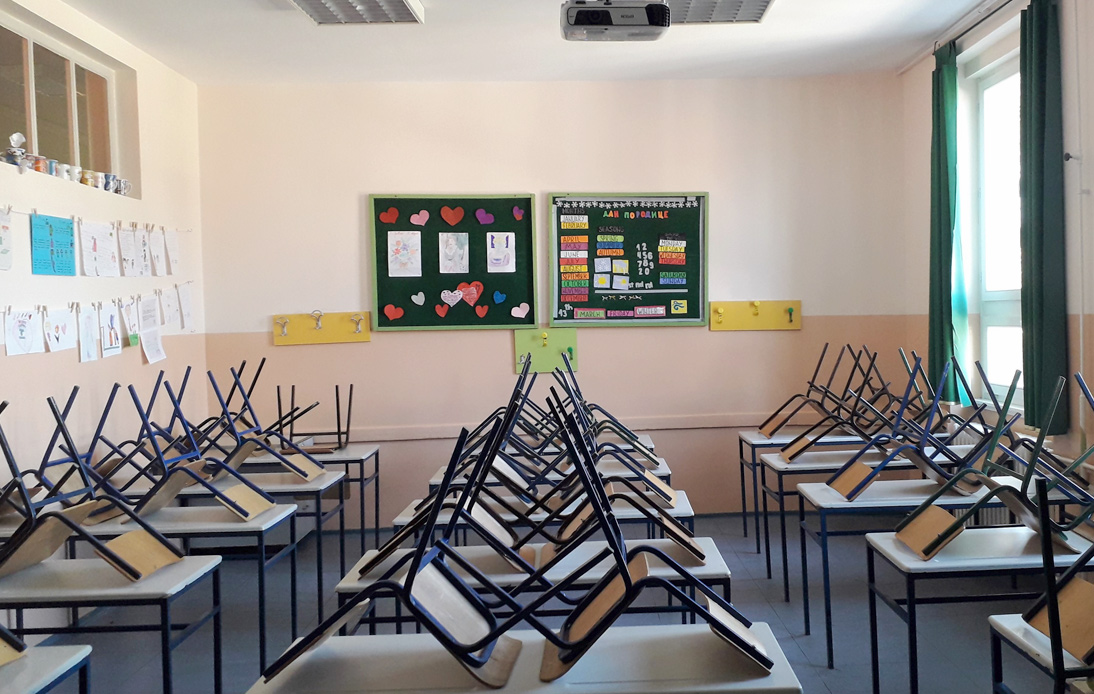
As a part of the governments’ efforts to curb the spread of the COVID-19, the ministry has ordered to close more than 10,000 public and private schools until January 31. Now, they have to rely on online learning.
The schools are located in the 28 provinces that have been hit hard by the new wave of COVID-19 cases.
Education Prime Minister Nataphol Teepsuwan has asked all schools situated in the maximum control zones, be they private or public, to shut immediately in order to lessen the risk of spreading coronavirus infections.
This ruling applies to the regions that belong to the red zone, which is considered to be at higher risk.
The 28 provinces are Bangkok, Tak, Nonthaburi, Pathum Thani, Ayutthaya, Saraburi, Lop Buri, Sing Buri, Ang Thong, Nakhon Nayok, Kanchanaburi, Nakhon Pathom, Ratchaburi, Suphan Buri, Prachuap Khiri Khan, Phetchaburi, Samut Songkhram, Samut Sakhon, Chachoengsao, Prachin Buri, Sa Kaeo, Samut Prakan, Chanthaburi, Chon Buri, Trat, Rayong, Chumphon and Ranong; as the Bangkok Post reported.
The Ministry of Education said that government agencies would provide teaching and learning material and guidelines as the entity planned while institutes and other academic premises are closed. This material could be disseminated electronically or, in other cases, students and teachers can use long-distance communication.
According to Education permanent secretary Supat Champathong, 3,661,805 students and 206,217 teachers were affected by the closing of 10,323 schools.
Besides, the secretary-general of the Office of Basic Education Commission Amporn Pinasa has said that the Obec had instructed teachers in all the provinces to have digital learning materials already prepared, including slideshows and lecture recordings. This way, students could use the ministry’s digital education excellence platform (Deep) to have online access to said materials.
He also said that teachers must adapt and organize the tests for this period to be implemented via online platforms.
The teaching of primary students, that is, those between grade 1 and 6, must focus on unidirectional (one-way) communication through Distance Learning Television or DLTV, the Obec secretary-general added.
He also stated that secondary students, meaning those between grande 7 and 12, need more teacher-student interaction. For that reason, the ministry would focus on a bidirectional (two-way) communication method via Deep.








